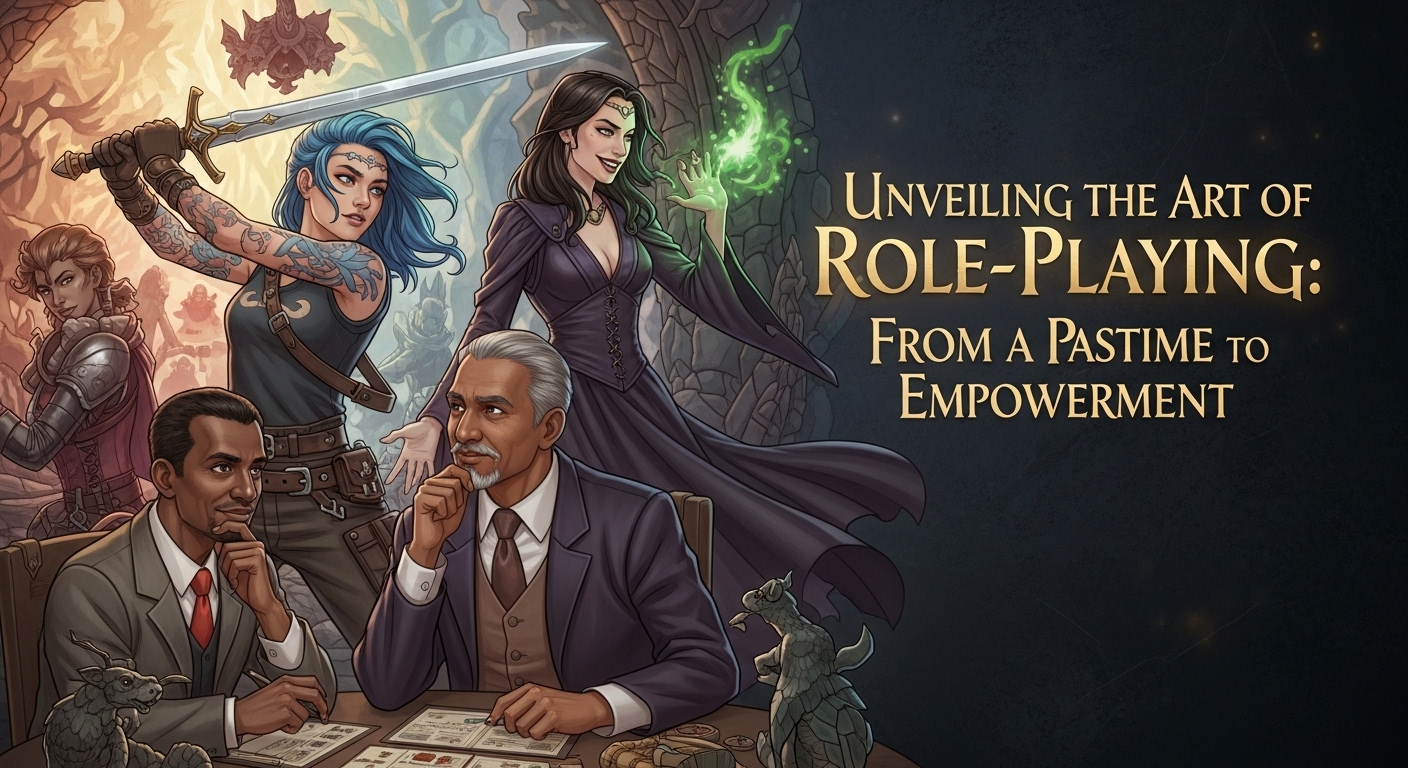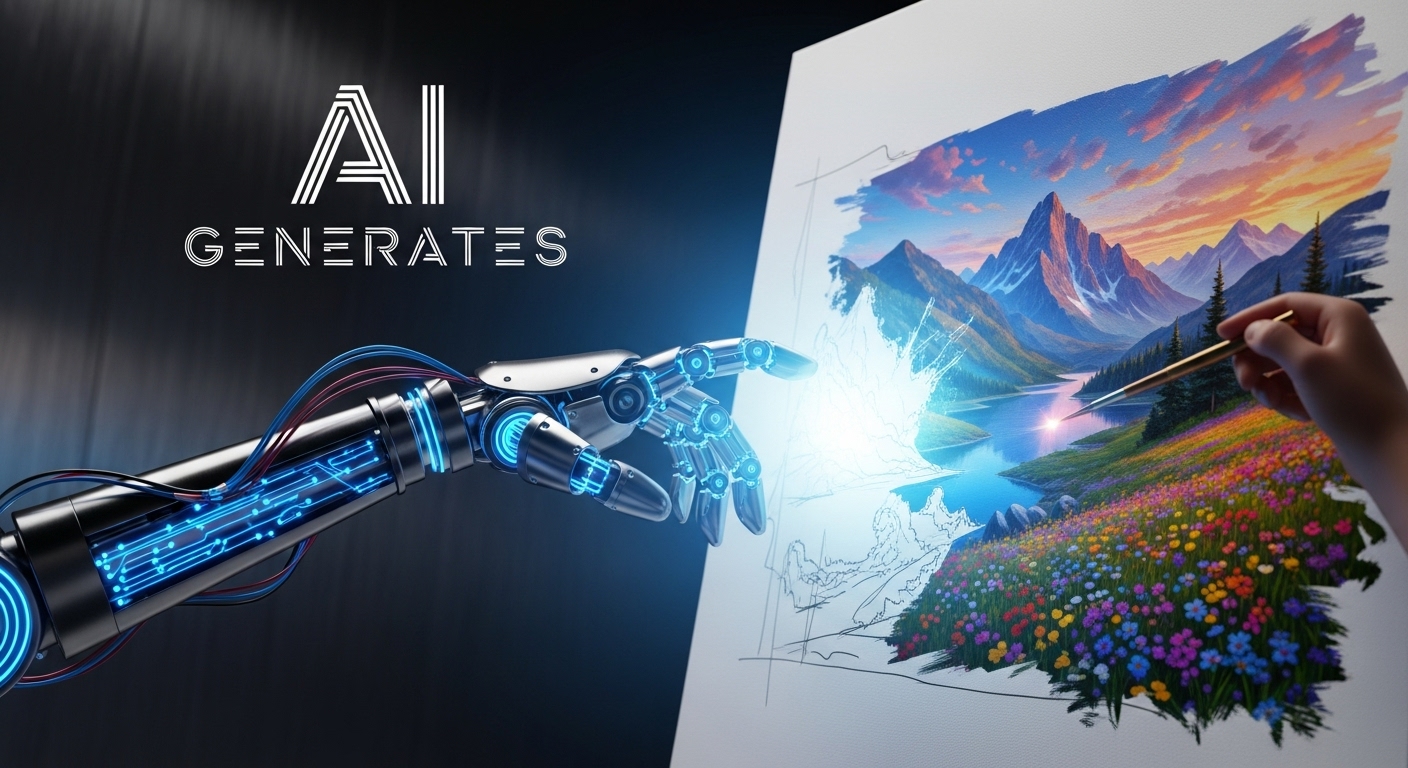Role-playing, a form of interactive storytelling where participants take on specific roles and act out scenarios, has been a popular pastime for centuries. From theatrical performances to tabletop games and virtual simulations, role-playing has evolved into a versatile and engaging activity that offers a range of benefits. In this blog post, we will explore the history of role-playing, its significance in various contexts, its applications in different fields, and future trends in this dynamic form of entertainment and education.
### History of Role-Playing
The roots of role-playing can be traced back to ancient civilizations where storytelling and performance were integral parts of cultural practices. In the West, the tradition of theater and improvisational acting laid the foundation for modern role-playing games. In the 20th century, tabletop role-playing games like Dungeons & Dragons revolutionized the genre, introducing structured rules and character creation mechanics that continue to influence role-playing experiences today.
### Significance of Role-Playing
Role-playing offers a unique opportunity for individuals to step into someone else’s shoes and explore different perspectives. By immersing themselves in a fictional world or scenario, participants can develop empathy, creativity, and problem-solving skills. Role-playing also provides a safe space for experimentation and self-expression, allowing people to explore aspects of their identity and emotions in a controlled environment.
### Applications of Role-Playing
Beyond entertainment, role-playing has found applications in various fields, including education, therapy, and professional development. In classrooms, role-playing activities can enhance students’ understanding of complex concepts and improve their communication skills. In therapy, role-playing is used to help individuals explore and address personal issues in a supportive setting. In the business world, role-playing exercises are common in training programs to simulate real-world scenarios and improve interpersonal skills.
### Future Trends in Role-Playing
As technology continues to advance, role-playing experiences are evolving to incorporate virtual reality, augmented reality, and artificial intelligence. Virtual worlds and online platforms offer new possibilities for immersive storytelling and collaborative gameplay. Augmented reality games like Pokémon GO have already demonstrated the potential for blending digital elements with real-world environments. In the future, we can expect to see more sophisticated role-playing experiences that blur the lines between reality and fantasy.
In conclusion, role-playing is a versatile and engaging activity with a rich history and wide-ranging significance. Whether used for entertainment, education, or personal development, role-playing offers a valuable platform for creativity, empathy, and exploration. As technology continues to shape the way we interact with stories and games, the future of role-playing looks promising, with new innovations and applications on the horizon. So, whether you’re a seasoned gamer or a newcomer to the world of role-playing, there’s never been a better time to dive into this exciting and immersive form of storytelling.



